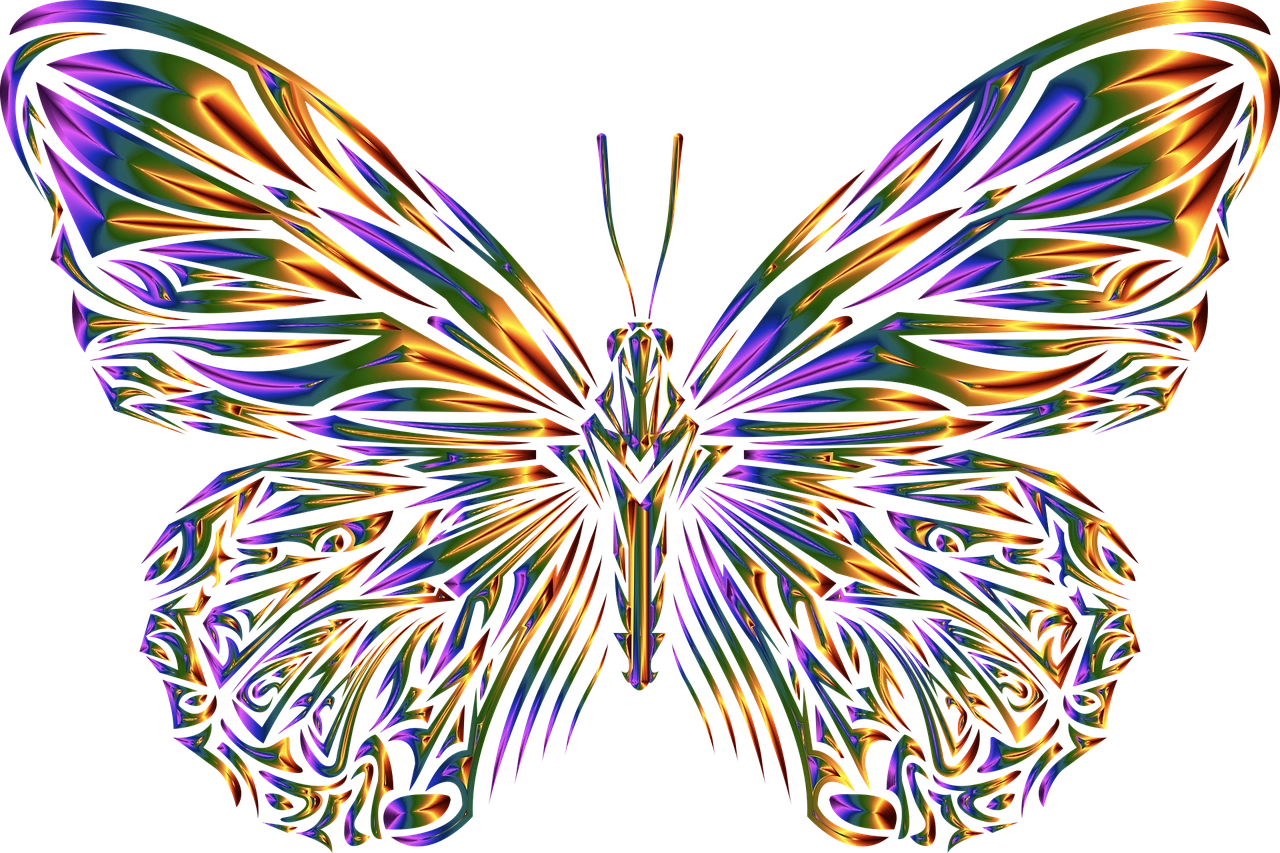Shamanic Healing Traditions in America

Looking for more amazing products? Check out our online store and explore our collection here! Happy shopping!
Before diving in, please note: This post is for informational purposes only. If you’d like to know more about how we approach topics, feel free to check out our friendly Disclaimer Page.
Hey there, amazing readers! 
We’re committed to delivering quality posts, and your support (even just sticking around despite the ads) means everything to us. So, bear with us, and thanks for helping us keep the good vibes rolling. Now, on to the fun stuff!
TRANSLATE BUTTON AT THE END OF THE ARTICLE
Introduction to Shamanic Healing Traditions
Shamanic healing traditions have a rich history in America, dating back centuries to the indigenous communities who revered and practiced these ancient healing arts.
Shamans, regarded as spiritual intermediaries between the physical and spiritual realms, have played a vital role in providing healing, guidance, and wisdom to their communities.
In recent years, there has been a resurgence of interest in shamanic healing practices in modern society as people seek holistic approaches to health and well-being.
History of Shamanism in America
Shamanism has deep roots in various indigenous cultures across North and South America.
Native American tribes, such as the Navajo, Hopi, and Cherokee, have long practiced shamanic healing rituals to address physical, emotional, and spiritual ailments.
These traditions were passed down through generations, with each shaman undergoing rigorous training and initiation to harness their healing powers.
Despite centuries of colonization and cultural suppression, many indigenous communities have managed to preserve their shamanic practices and continue to honor their ancestral wisdom.
Role of Shamans in Indigenous Communities
Shamans hold a revered position within indigenous communities, serving as healers, guides, and spiritual leaders.
They are believed to have the ability to communicate with the spirit world, access hidden knowledge, and perform sacred rituals to restore balance and harmony.
Shamans often act as intermediaries between the community and the spirit realm, offering insights, blessings, and healing energies to those in need.
Their role goes beyond physical healing; they also assist in resolving conflicts, interpreting dreams, and maintaining the spiritual well-being of the community.
Core Beliefs and Practices of Shamanism
Shamanism is based on the belief that everything in the universe is interconnected and that spiritual energies influence physical health and well-being.
Shamans work with spirit guides, power animals, and plant medicines to access the healing energies of the natural world.
Central to shamanic practices is the concept of soul retrieval, where shamans help individuals reclaim lost parts of their soul due to trauma or illness.
Rituals like drumming, chanting, dancing, and vision quests are common in shamanic ceremonies to induce altered states of consciousness and facilitate healing.
Healing Techniques Used by Shamans
Shamans employ a variety of healing techniques to address the holistic needs of their clients.
These may include energy clearing, soul retrieval, extraction of negative energies, and divination through the use of sacred tools like crystals, feathers, and herbs.
Plant medicines such as ayahuasca, peyote, and tobacco are often used in shamanic rituals to induce spiritual insights and healing experiences.
Shamans may also perform hands-on healing, massage, and energetic balancing to restore harmony to the body, mind, and spirit.
Integration of Shamanic Healing in Modern Society
In recent years, there has been a growing interest in integrating shamanic healing practices into modern society.
Many people are turning to shamanic practitioners for alternative healing modalities that complement conventional medicine.
Shamanic workshops, retreats, and ceremonies are becoming increasingly popular as individuals seek spiritual growth, emotional healing, and connection to the natural world.
Some mental health professionals are also incorporating shamanic techniques into therapy to address trauma, anxiety, and depression.
Challenges Faced by Shamanic Practitioners
Despite the resurgence of interest in shamanic healing, practitioners face various challenges in sharing their ancient wisdom with the modern world.
Cultural appropriation is a significant concern, as some individuals may exploit shamanic practices without understanding or respecting their cultural significance.
Shamans also struggle with skepticism from mainstream society, who may view their practices as unscientific or superstition.
Additionally, navigating legal and ethical boundaries when using plant medicines or performing healing rituals can present challenges for shamanic practitioners.
Cultural Appropriation vs. Respectful Adoption
The issue of cultural appropriation is a delicate one within the realm of shamanic healing traditions.
While it is essential for individuals to respect and honor the cultural origins of shamanism, it is also important to recognize that healing practices can evolve and adapt over time.
Respectful adoption involves learning from indigenous traditions with humility, seeking permission when appropriate, and giving back to the communities that have preserved these sacred practices.
By approaching shamanic healing with respect and gratitude, practitioners can honor the wisdom of their ancestors while adapting it to the needs of contemporary society.
Shamanic Healing and Mental Health
Shamanic healing has shown promise in addressing mental health issues such as trauma, anxiety, and depression.
By incorporating soul retrieval, energy clearing, and spiritual guidance into therapy sessions, shamanic practitioners can help individuals heal deep emotional wounds and reconnect with their inner wisdom.
The holistic approach of shamanism, which considers the interconnectedness of mind, body, and spirit, can complement traditional psychotherapy and offer profound healing experiences for those seeking more than just symptom relief.
Shamanic Healing and Physical Wellness
Shamanic healing practices can also benefit physical wellness by addressing the energetic imbalances that contribute to illness and disease.
Through techniques like energy clearing, hands-on healing, and plant medicine ceremonies, shamans can help restore harmony to the body’s energy field and promote healing on a cellular level.
Many individuals report feeling lighter, more vibrant, and more aligned with their body’s natural rhythms after receiving shamanic healing treatments.
By addressing the root causes of illness, shamanic healing can support the body’s innate capacity for self-healing and vitality.
Shamanic Healing and Spiritual Growth
Shamanic healing is not only about addressing physical or mental ailments but also about facilitating spiritual growth and transformation.
By connecting with spirit guides, power animals, and higher realms of consciousness, individuals can gain profound insights into their life’s purpose, relationships, and spiritual path.
Shamanic rituals like vision quests, soul retrievals, and initiation ceremonies can catalyze deep inner shifts and awaken dormant aspects of one’s soul.
Through shamanic healing, individuals can cultivate a deeper connection to themselves, nature, and the divine, leading to greater self-awareness, empowerment, and spiritual fulfillment.
Conclusion: The Future of Shamanic Healing in America
As shamanic healing traditions continue to gain popularity in modern society, the future of this ancient practice remains promising.
By honoring the wisdom of indigenous cultures, adapting shamanic techniques to contemporary needs, and integrating them into healthcare systems, shamanic healing has the potential to offer profound healing experiences for individuals seeking holistic health and well-being.
It is essential for practitioners and enthusiasts alike to approach shamanism with respect, integrity, and a deep reverence for the spiritual traditions that underpin this ancient practice.
By bridging the gap between the ancient roots of shamanism and the evolving needs of modern society, shamanic healing can continue to thrive and make a meaningful impact on the health and happiness of individuals across America and beyond.

The Enlightenment Journey is a remarkable collection of writings authored by a distinguished group of experts in the fields of spirituality, new age, and esoteric knowledge.
This anthology features a diverse assembly of well-experienced authors who bring their profound insights and credible perspectives to the forefront.
Each contributor possesses a wealth of knowledge and wisdom, making them authorities in their respective domains.
Together, they offer readers a transformative journey into the realms of spiritual growth, self-discovery, and esoteric enlightenment.
The Enlightenment Journey is a testament to the collective expertise of these luminaries, providing readers with a rich tapestry of ideas and information to illuminate their spiritual path.
Our Diverse Expertise
While our primary focus is on spirituality and esotericism, we are equally passionate about exploring a wide range of other topics and niches 

To ensure we provide the most accurate and valuable insights, we collaborate with trusted experts in their respective domains 
Our blog originally focused on spirituality and metaphysics, but we’ve since expanded to cover a wide range of niches. Don’t worry—we continue to publish a lot of articles on spirituality! Frequently visit our blog to explore our diverse content and stay tuned for more insightful reads.
Hey there, amazing reader! 
Check out our store here and take a peek at some of our featured products below! Thanks for being awesome!












